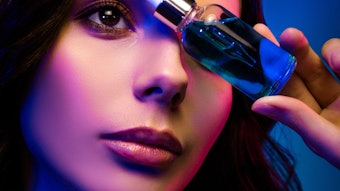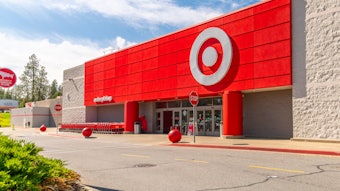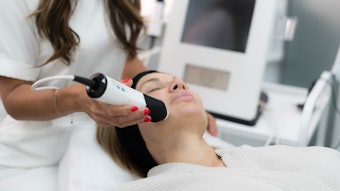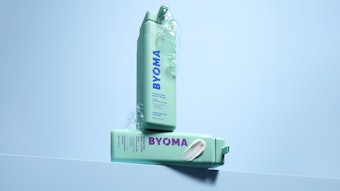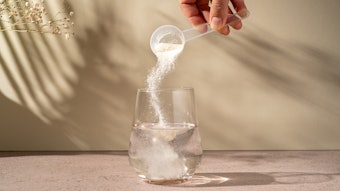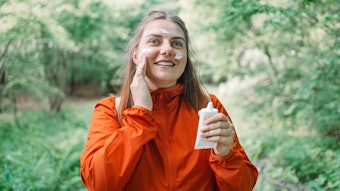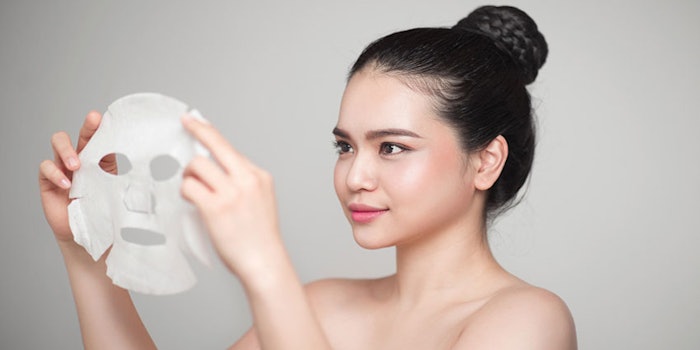
The global skin care industry (F-1) is experiencing new product and ingredient innovations that point to continued growth. One of the most prominent drivers is the expansion of consumer skin care rituals. Earlier this year, while speaking at a CEW event in New York, Priya Venkatesh, VP/DMM skin care/hair care and merchant product innovation at Sephora, noted that, while Americans may never adopt 15-step skin care rituals, they will be open to easy, quick-acting solutions such as essences, if presented with the right opportunity.
Google data appears to back up Venkatesh’s insights, particularly in the area of masks. The tech giant released data that showed the top 10 mask-related skin care videos in the United States, France and Japan received 98 million total views in 2016. In addition, consumers worldwide appeared to be seeking mask solutions beyond the face, including the lips, body and heels, as well as more novel ingredients such as carbonated formats and Aztec clay. Meanwhile, consumers are also increasingly adopting facial oils like the Exfoliate & Nourish Oil Scrubs by St. Ives, and serums, such as Resist Omega+ Complex Serum by Paula’s Choice.
The top 10 mask-related skin care videos in the United States, France and Japan received 98 million total views in 2016.
Ingredient companies are offering new innovations to support the expansion of skin care rituals. For instance, Vantage/Lipo Chemicals recently introduced its Lipobead Detox with Charcoal, which can be applied in skin care (purifying clay masks, pearlized cleansers, etc.), baby care, and bath and shower products. The system encapsulates activated charcoal within the naturally derived cellulose Lipobead, which rubs out completely when applied to the skin. The action creates a visual effect for the consumer, signaling that dirt, oil and toxins are being drawn out of the skin as the appearance of pores is minimized.
Skin care is also a significant category for natural positioning as consumers and retailers continue to scrutinize product labels more intensely. The trend has led to the launch of premium and mass products as diverse as ScandiDerma’s Cˇuvget product family, which are powered by Arctic chaga, a cold-resistant fungus that can reduce the oxidative damage to human skin, to the mom-and-baby-positioned Boppy Bloom Skincare Collection, which comprises coconut oil, vitamin E and shea butter.
Natural innovation has also spurred a range of new launches from ingredient suppliers. For instance, BASF has introduced Collalift 18, an extract of African mahogany bark, which reportedly improves the skin’s elasticity and visibly reduces pores, lines and wrinkles, and the botanically-derived Dermagenist, which helps diminish visible signs of aging by improving skin density and firmness through an epigenetic pathway. And IBR Ltd. has launched IBR-CalmDeAge (INCI: Glycerin (and) Water (aqua) (and) Phoenix Dactylifera (Date) Seed Extract), which allows the skin to rest, relax, revive and rejuvenate by slowing down cell proliferation and the effects of environmental aging factors. IBR-CalmDeAge also provides antioxidant protection, relief from rosacea and reduction of dark circles.
Skin care is also a significant category for natural positioning as consumers and retailers continue to scrutinize product labels more intensely.
Meanwhile, suppliers have introduced ingredients that offer new levels of functionality and efficacy. For instance, Vantage/Lipo Chemicals’ PreBio Defense is a biome-friendly combo of encapsulated polysaccharides that “act as a powerful food supplement and conditioning agent for the habitation of beneficial microorganisms found on our skin,” according to the company. The system can be applied in serums and facial creams for preventative skin care.
Also in the microbiome-friendly arena, Givaudan’s Revivyl (INCI: Propanediol (and) Orobanche Rapum Extract) is a skin renewal accelerator that protects epidermis stem cells, reactivates cellular metabolism, stimulates epidermis cell differentiation, reinforces the skin barrier, reactivates natural exfoliation and protects the skin microflora.
Meanwhile, Hallstar has introduced Micah, a sun care and anti-aging ingredient, which reportedly halts the photo-aging process before it begins. “Independent clinical research shows that Micah, unlike sunscreens or antioxidants, prevents 100% of free radicals, ROS, inflammation, and DNA damage from UVA and visible light, at a use level of only 0.2%,” said Robert Hu, vice president of R&D at Hallstar.


